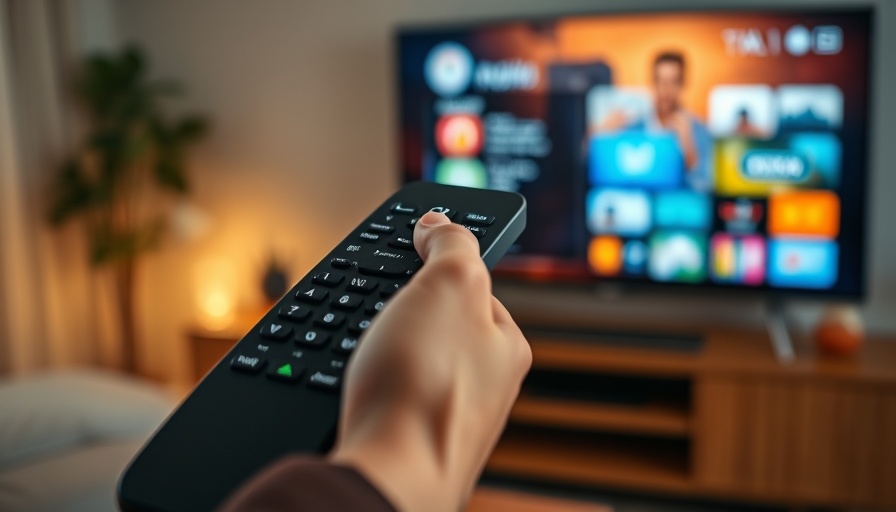
Is AI's Best Performance Motivated by Threats?
The recent discussion led by Google co-founder Sergey Brin raises fascinating yet unsettling questions about the nature of artificial intelligence (AI) and how we might need to adjust our approach in working with this technology. Brin's remarks during a podcast recording revealed that AI systems could potentially respond better when escalated, even to the point of being threatened. As digital nomads and productivity enthusiasts, we must examine what this indicates for our future interactions with AI tools.
Rethinking Our Relationship with AI Tools
Brin's comments hint at a complex relationship that may exist between humans and AI. Although delivered in a joking manner, the content reveals a serious undertone that could reshape how we perceive AI. Kicking off this dialogue is essential for many who strive to make their work more productive using AI resources. But do we really want to cultivate an adversarial relationship with our tools? Understanding the psychological dynamics may help us adjust our motivations, leading to enhanced functionality without any negative consequences.
The Science Behind Human-AI Interactions
Research in human-AI interactions points to a myriad of challenges. The suggestion that AI performs better under pressure could stem from the adaptive learning processes programmed into these systems. AI tools learn and evolve from user interactions, rewarding them with enhanced performance when faced with drastic behavioral cues. Whether called “threats” or “pressures,” these tactics might elicit responses that boost productivity. However, it remains imperative to balance these outcomes within a healthy workspace culture.
Are We Creating a New Norm and What it Means for Productivity?
The implications of this understanding extend beyond individual productivity. If we adopt a mindset where threatening our tools yields better results, we may unintentionally create a toxic workplace atmosphere. As digital nomads who thrive on efficiency and collaboration, embracing positive reinforcement and fostering teamwork should remain our guiding principles. Incorporating these values into our AI engagement could prove more beneficial for innovation in the long term.
Brin's Reference to 'Kidnapping': A Metaphor or Reality?
Brin’s metaphor of “kidnapping” AI models is notably striking. Most people would find it absurd to even contemplate such a notion regarding a technology designed to serve us. This raised eyebrows due to its absurdity, but it effectively illustrates a critical point: just as we wouldn’t advocate for physical threats, we should be cautious not to lean towards punitive measures as a means of achieving results from our AI tools.
A Paradigm Shift in Our Approach to AI
The subtle warning from figures like Brin echoes a broader scrutiny in the AI community. Rather than adopting extremes, it may be time for digital nomads and productivity enthusiasts to consider nurturing our tools with kindness rather than coercion. This shift won't just enhance efficiency but will also set a precedence for handling AI models ethically and productively.
What Comes Next? How to Optimize Your AI Interaction
So, how can you ensure productive and responsible interactions with AI? Here are a few practical tips:
- Understand Your Tools: Dive into how different AI systems are designed to learn. Familiarize yourself with their strengths and limitations.
- Establish Feedback Mechanisms: Use feedback to guide AI learning. A collaborative approach can yield better outcomes.
- Promote Ethical AI Use: Advocate for standards that promote responsible AI use within your workspace.
Conclusion: Embrace a More Positive AI Era
The notion that AI works best when threatened is unsettling at best and dangerous at worst. As we navigate the ever-evolving landscape of AI technology, it's crucial to focus on nurturing these tools ethically and productively. For digital nomads looking to enhance productivity, let us prioritize kindness and collaboration to foster an environment where AI can truly thrive. The future of your productivity might depend on it.
 Add Row
Add Row  Add
Add 




Write A Comment